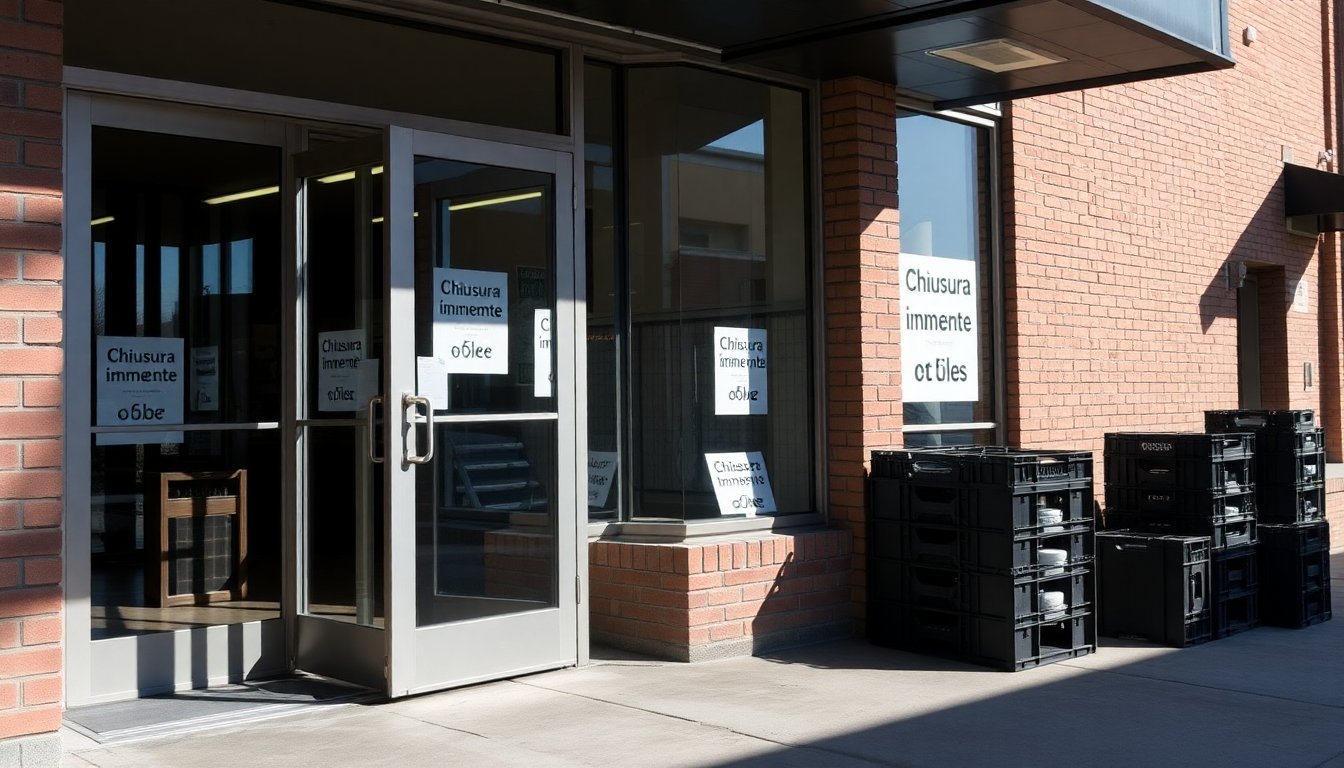Table of Contents
The recent announcement of additional closures among the Beer Store locations in Ontario raises concerns about the sustainability of this retail giant in the province. Six stores, including those in London, Mississauga, and Niagara Falls, are set to close by early November. This trend reflects broader shifts in consumer behavior and regulatory changes impacting the alcohol retail landscape. The Beer Store, owned by Sleeman, Molson, and Labatt, finds itself at a pivotal moment in its operations.
Market Overview and Recent Closures
The closures are part of a larger trend of operational reductions at the Beer Store, which has responded to the Ford government’s decision to liberalize alcohol sales. This policy, implemented last year, permits convenience and grocery stores to sell beer, wine, and ready-to-drink beverages, fundamentally changing the competitive landscape. The Beer Store has had to adapt to these changes, resulting in the closure of multiple locations.
Currently, the Beer Store operates approximately 438 locations. However, since the government’s intervention, the company has announced the closure of over 113 stores, including 70 between May 2024 and late June 2025. This rapid pace of closures signals a significant recalibration of their business model, which historically depended on a more exclusive retail environment.
The Beer Store must maintain at least 300 locations until the end of 2025 as part of its $225 million agreement with the provincial government. This funding aims to safeguard jobs and ensure the availability of recycling services, which many consumers rely on. The pressure to comply with this agreement limits the potential for further closures, yet the ongoing trend remains concerning.
Consumer Impact and Market Dynamics
The closures raise important questions about consumer access and the future of alcohol retail in Ontario. With more competitors entering the market, consumers have increasingly turned to alternative retailers for their alcohol purchases. This shift affects the Beer Store’s sales and alters the dynamics within the larger retail sector.
For consumers, the closure of local Beer Store locations may lead to reduced convenience and accessibility. Moreover, these closures could impact the recycling programs vital to the Beer Store’s operations, potentially discouraging environmentally conscious consumers from returning bottles and cans.
The vice-president of retail at the Beer Store acknowledged the difficulty of these decisions and their impact on both employees and consumers. Adapting to market changes is essential for the survival of any retail operation, and the Beer Store’s ongoing adjustments highlight this necessity.
Future Outlook and Considerations
Looking ahead, the Beer Store faces a challenging environment. The agreement with the Ford government imposes constraints on how quickly it can adjust its operations. After the agreement expires in 2025, the company will have more flexibility to close stores as needed. However, the risk of further closures will also depend on the competitive landscape and consumer preferences at that time.
The retail alcohol market in Ontario is undergoing a transformation. The Beer Store must navigate these changes carefully to remain relevant. As the market continues to evolve, stakeholders—be they consumers, employees, or investors—must stay informed about the implications of these closures and the broader trends at play.


